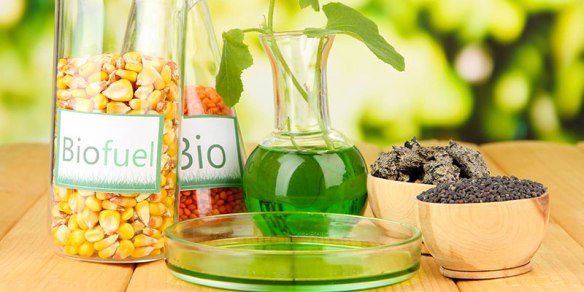
Under the WP4 (Catalytic conversion of pure ethanol into butanol with a heterogeneous structured catalystic), activities related to the catalytic valorisation of ethanol to 1-butanol have been implemented by IRC-CNR. Bio-ethanol can be catalytically converted into butanol through alcohol dimerization called Guerbet reaction. Basic sites are essential to get Guerbet coupling of alcohol and the addition of a metal function gives better dehydrogenation/hydrogenation properties. Powder γ-Al2O3, hydroxyapatite and MgO have been synthesized according to different techniques to obtain high surface area materials.
Ruthenium or Nickel have been dispersed on the supports. Textural, acid and basic properties of the three supports and redox properties of the metals have been characterized in order to optimize the catalyst formulation. Ru/MgO and Ni/MgO provided good butanol yields and are the candidates for the preparation of structured catalysts for operation in the pilot-scale rig.
Simultaneously, BGU has been working on two alternative catalytic routes:
- Catalytic conversion of ethanol-water mixtures produced by waste biomass fermentation to butanol included conversion of ethanol-water mixtures to butylene that further reacts with water yielding butanol.
- Catalytic conversion of ethanol-water and acetone-butanol-ethanol (ABE) – water mixtures produced by waste biomass fermentation into biogasoline and hydrocarbon biofuels components boiling out in the temperature range of 30 – 300o
In both cases, catalytic materials have been developed and process conditions have been validated.
